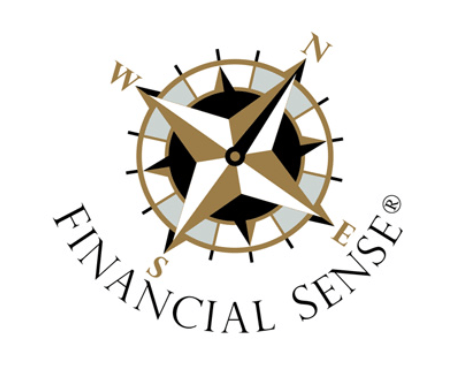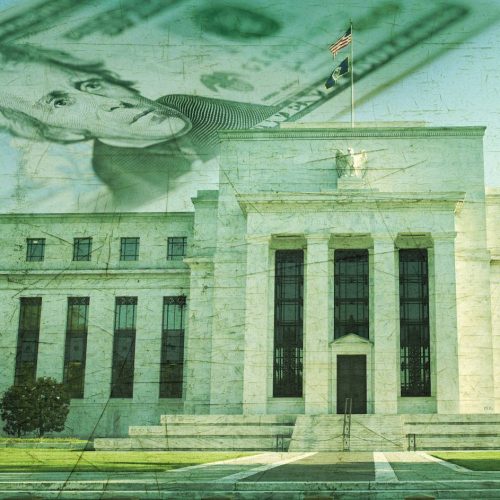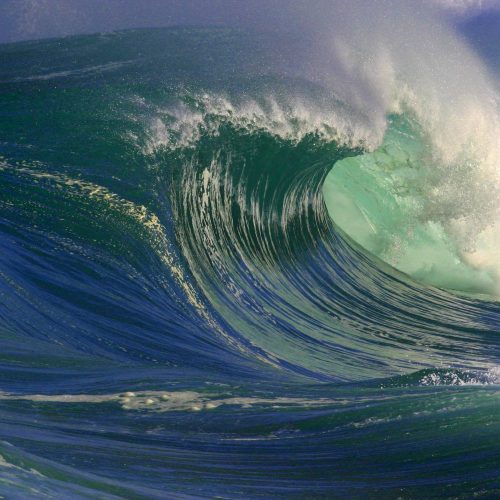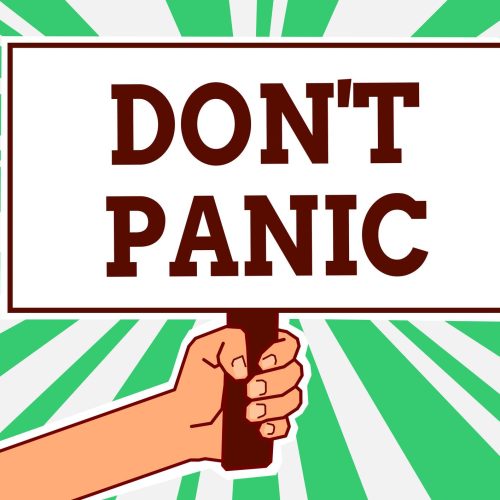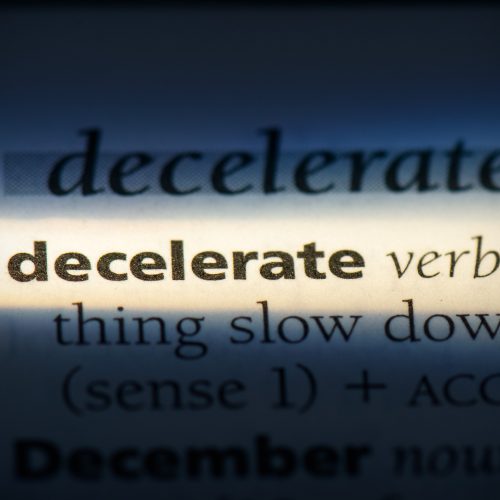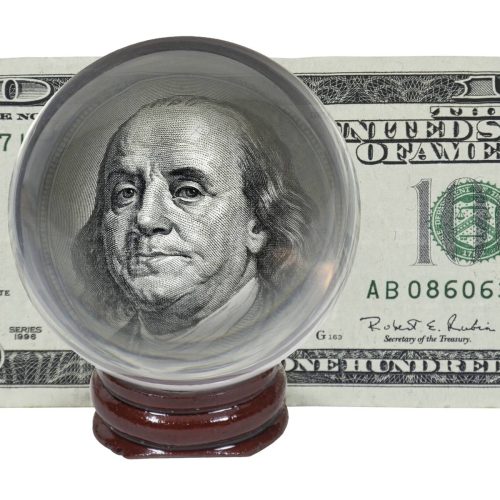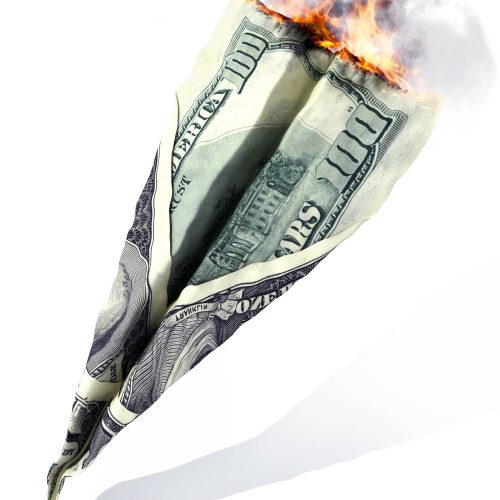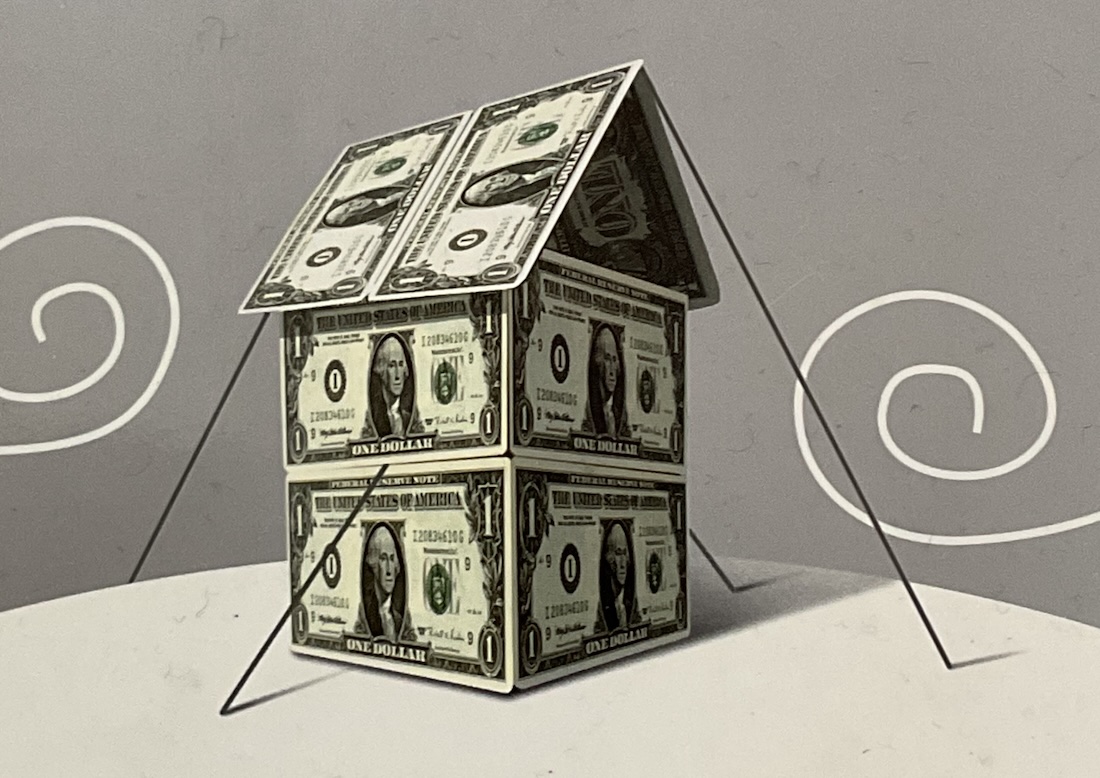Interview: Inflation or Deflation?
Cris Sheridan recently interviewed me for the Financial Sense Newshour. It was another good conversation. I hope you will listen to it now. We discussed: Fed tapering of Quantitative Easing is on
The Fed Is More Profitable Than Apple
The Fed is enormously profitable. In fact, if it were a corporation, the Fed would have been the most profitable corporation in the world last year. Luckily for American taxpayers, the Fed
Liquidity Tsunami Update
Bank Reserves topped $4 trillion for the first time last week. That is important because Bank Reserves are one measure of Liquidity in the Financial Markets. And Liquidity has become the most
The Investor’s Podcast Interview: 2021
The Implications of Peak Inflation I was recently interviewed by Trey Lockerbie for The Investor’s Podcast. This was an excellent conversation that covers not only the topics that investors are most
Lessons From Comparing The Four Largest Centr…
There is a great deal of concern in the United States regarding the large amount of money the Fed is creating through Quantitative Easing, currently $120 billion per month. Some fear
Credit, Economic Growth and Inflation To Slow…
Credit growth in the United States has peaked. Since Credit Growth drives Economic Growth, that means economic growth has also peaked. This strongly suggests that Inflation will soon begin to slow. This explains
Peak Growth = Peak Inflation?
The message from the Fed’s June 16th FOMC meeting was slightly more hawkish than the market had expected. It indicated that the first rate hike may come at the end of
The Fed Is Preventing Negative Interest Rat…
Reverse Repurchase Agreements on the Fed’s balance sheet have surged from $0 in mid-March to $535 billion on June 10th. Many people have begun to ask if the suddenness of
When The Fed Tapers QE, Will Asset Prices Cra…
The Fed is now signaling that it will soon begin to discuss when to Taper Quantitative Easing. This is an important policy development that could significantly impact asset prices during
Will Gold Crash Again?
There are now reasons for concern that Gold could soon experience another serious correction as it did following its peaks in 1975, 1980 and 2011 when its price fell 45%,

